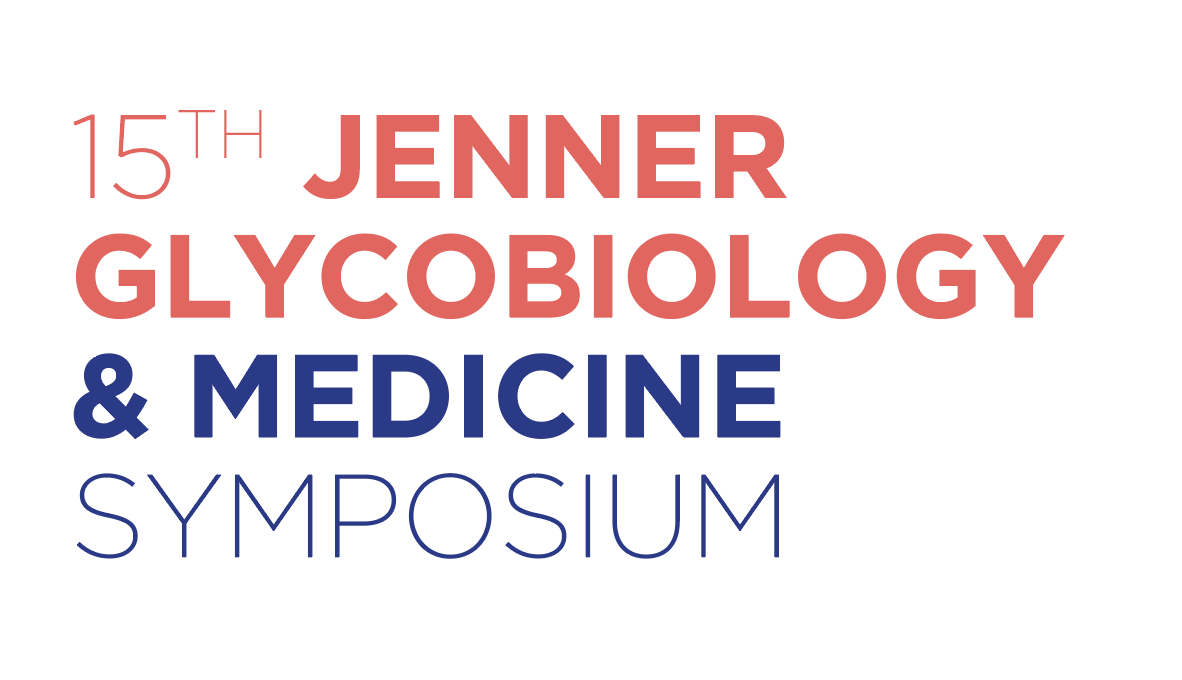Speakers
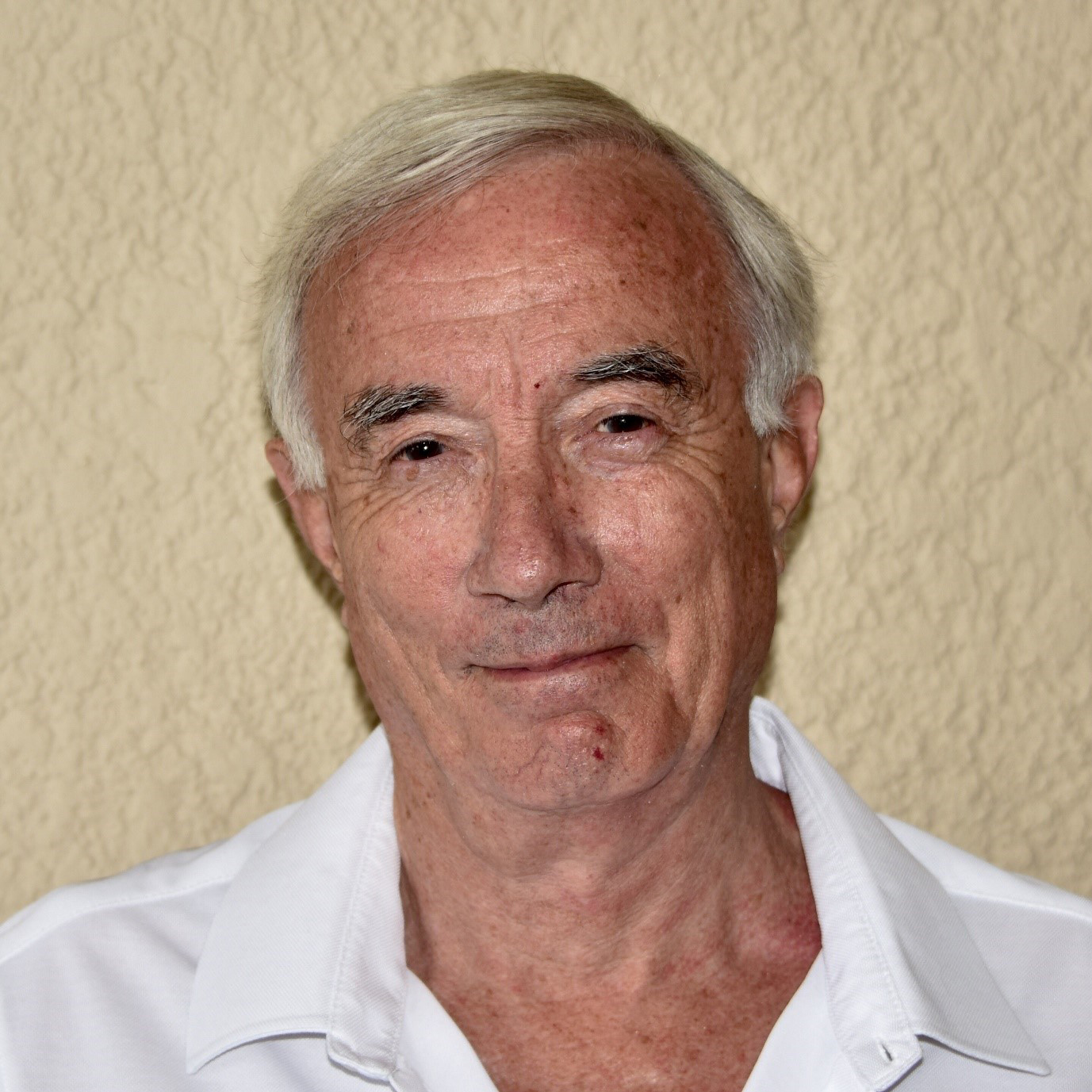
Professor Sir Roy Anderson
Faculty of Medicine, School of Public Health, Imperial College, London, United Kingdom
Professor Sir Roy Malcolm Anderson FRS FMedSci[6] is a leading international authority on the epidemiology and control of infectious diseases. He is the author, with Robert May, of the most highly cited book in this field, entitled Infectious Diseases of Humans: Dynamics and Control. His early work was on the population ecology of infectious agents before focusing on the epidemiology and control of human infections. His published research includes studies of the major viral, bacterial and parasitic infections of humans, wildlife and livestock. This has included major studies on HIV, SARS, foot and mouth disease, bovine tuberculosis, bovine spongiform encephalopathy, influenza A, antibiotic resistant bacteria, the neglected tropical diseases and most recently COVID-19. Roy Anderson is the author of over 650 peer-reviewed scientific articles with an h citation index of 132 (Google Scholar Citations).
Sir Roy is currently Professor of Infectious Disease Epidemiology in the School of Public Health, Faculty of Medicine, Imperial College London and Director of the London Centre for Neglected Tropical Disease Research. His past posts include, the Chief Scientist at The UK Ministry of Defence, and Rector of Imperial College London.
Sir Roy served as Director of the Wellcome Centre for Parasite Infections (1989 – 1993 at Imperial College London) and Director of the Wellcome Centre for the Epidemiology of Infectious Disease (1993 – 2000 at the University of Oxford). Sir Roy has sat on numerous government and international agency committees advising on public health and disease control including the World Health Organisation and UNAIDS.
He has also served as a Trustee of the Natural History Museum London, and as a non-executive director of GlaxoSmithKline for ten years. He is currently Chair of Oriole Global Health Ltd, Vice-President of Fauna and Flora International (FFI), a Trustee of the London Institute of Mathematical Sciences and of the Banga charity.
Sir Roy was elected Fellow of the Royal Society in 1986, a Founding Fellow of the Academy of Medical Sciences in 1998, and a Foreign Associate Member of both the National Academy of Medicine at the US National Academy of Sciences in 1999 and of the French Academy of Sciences in 2010. He was knighted in the 2006 Queen’s Birthday Honours.
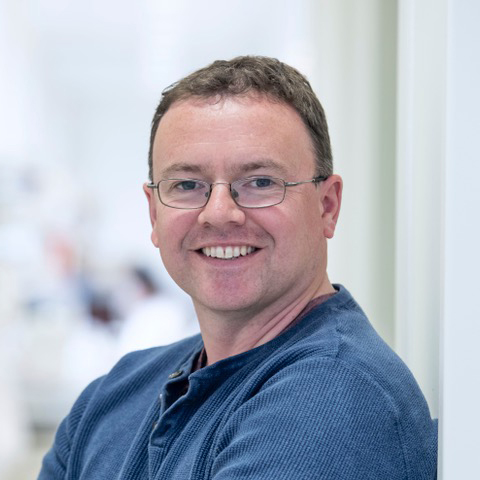
Max Crispin
Molecular and Cellular Biosciences, University of Southampton, United Kingdom
Max Crispin is Professor of Glycobiology at the University of Southampton. Max’s laboratory focusses on glycoprotein engineering and glycan analytics and is mainly focussed on the design of antibody therapeutics and supporting the development of vaccine candidates against viral pathogens, especially HIV. Max’s laboratory is funded by the Bill & Melinda Gates Foundation through the Collaboration for AIDS/Vaccine Discovery, the International AIDS Vaccine Initiative, the US National Institute of Health, and by Against Breast Cancer. He is a Supernumerary Fellow at Oriel College, Oxford and Professor Adjunct in the Department of Immunology and Microbiology at Scripps Research, California, USA.
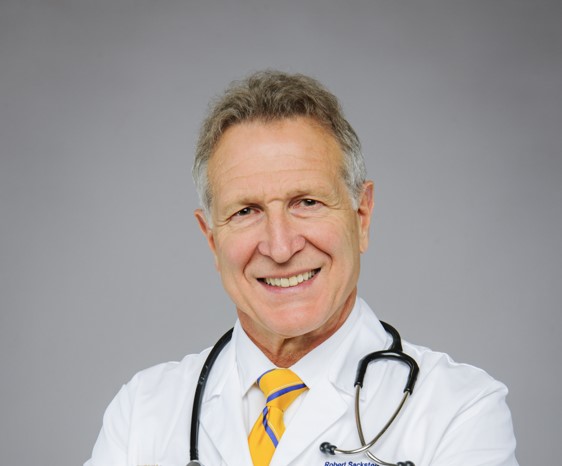
Robert Sackstein
Herbert Wertheim College of Medicine, Florida International University, USA
Robert Sackstein, MD, PhD is a bone marrow transplant physician whose laboratory efforts are focused on elucidating how glycan modifications of proteins and lipids regulate physiologic and pathobiologic processes in human health and disease, respectively. His scientific research efforts have defined the molecular processes that regulate the movement of cells in blood flow into different tissues throughout the body, and clinical applications of his research findings have led to improved outcomes for patients undergoing bone marrow transplantation, and for patients suffering from a variety of illnesses including cancer, autoimmune conditions, and osteoporosis. He received his undergraduate degree from Harvard College, Summa cum Laude, and his MD, PhD (PhD in Immunology) from Harvard Medical School. He is currently a Professor of Translational Medicine and the Senior Vice-president for Global Medical Affairs at the Florida International University, where he launched the Translational Glycobiology Institute. He also holds the position of Professor Emeritus at the Harvard Medical School/Harvard University, where, in a career spanning 3 decades, he spearheaded the creation of the Brigham & Women’s Hospital/Harvard Medical School Program of Excellence in Glycoscience, the Harvard University Glycoscience Center, and the Harvard University Career Development Program in Translational Glycobiology.
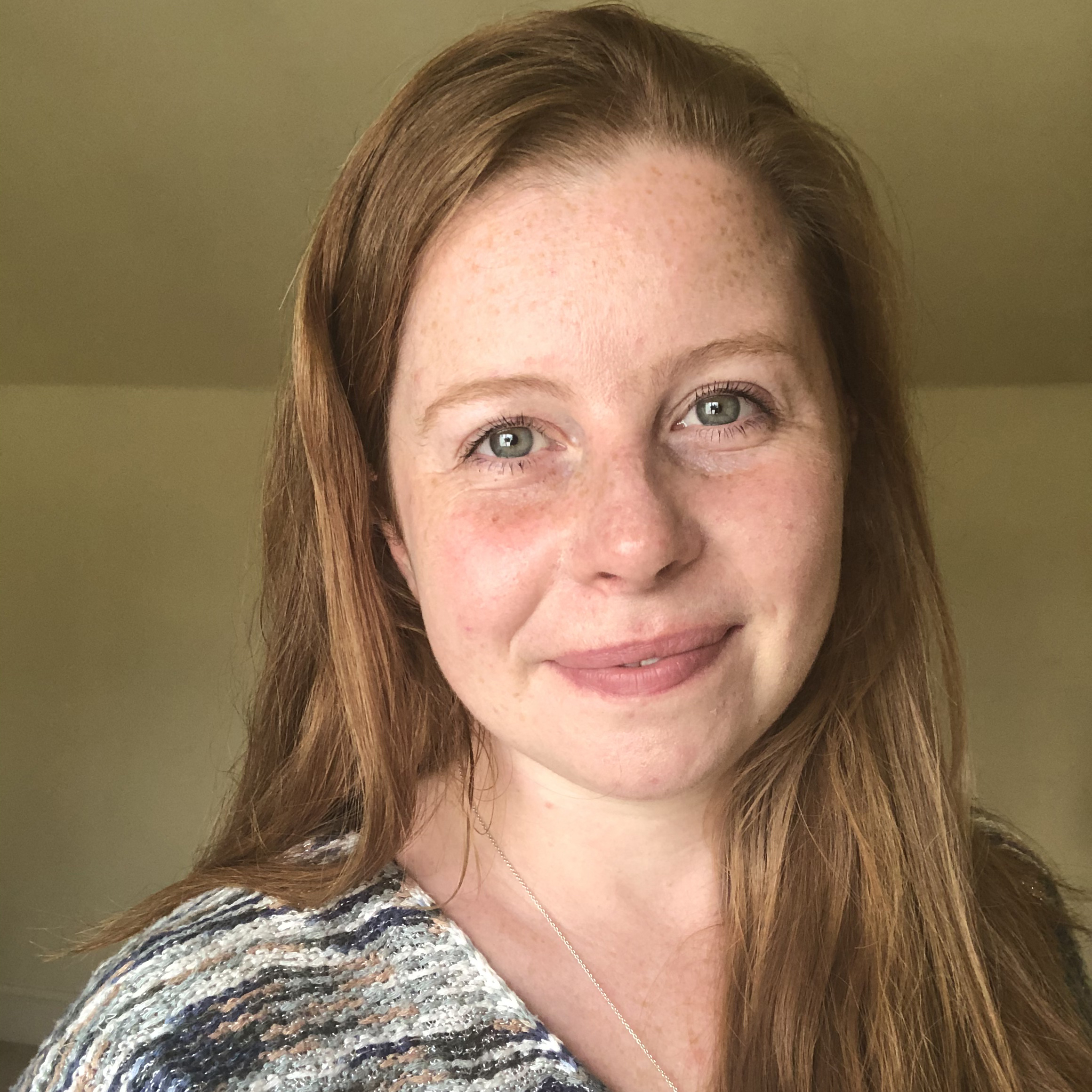
Lucy Crouch
Institute of Microbiology and Infection, College of Medical and Dental Sciences, University of Birmingham, UK
“I am a Sir Henry Dale Wellcome Trust fellow in the Institute of Microbiology and Infection, College of Medical and Dental Sciences, University of Birmingham. The research focus of my group is on carbohydrate-active enzymes from gut commensals and pathogens.”
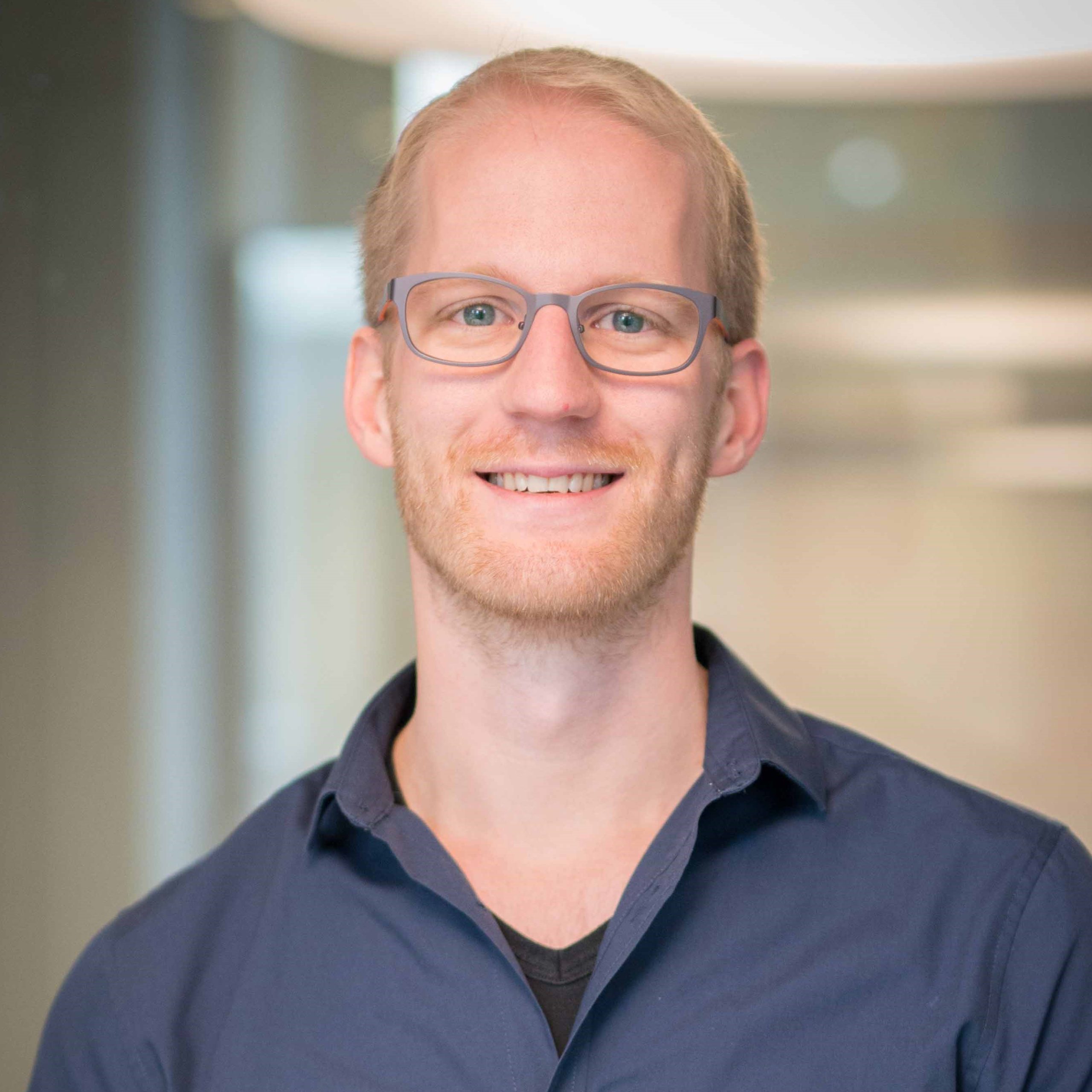
Christian Büll
Institute for Molecules and Materials – Radboud University, Netherlands
After obtaining his PhD degree in 2017 at the Radboud University Nijmegen, Christian Büll joined the Copenhagen Center for Glycomics as a Marie Curie fellow to work on the cell-based glycan array. Next, he was a Veni Laureate in the group of Hans Clevers at the Hubrecht Institute studying glycosylation in organoids. Currently, he is PI at the Institute for Molecules and Materials at the Radboud University. His research focuses on the biosynthesis and biological interactions of sialoglycans.
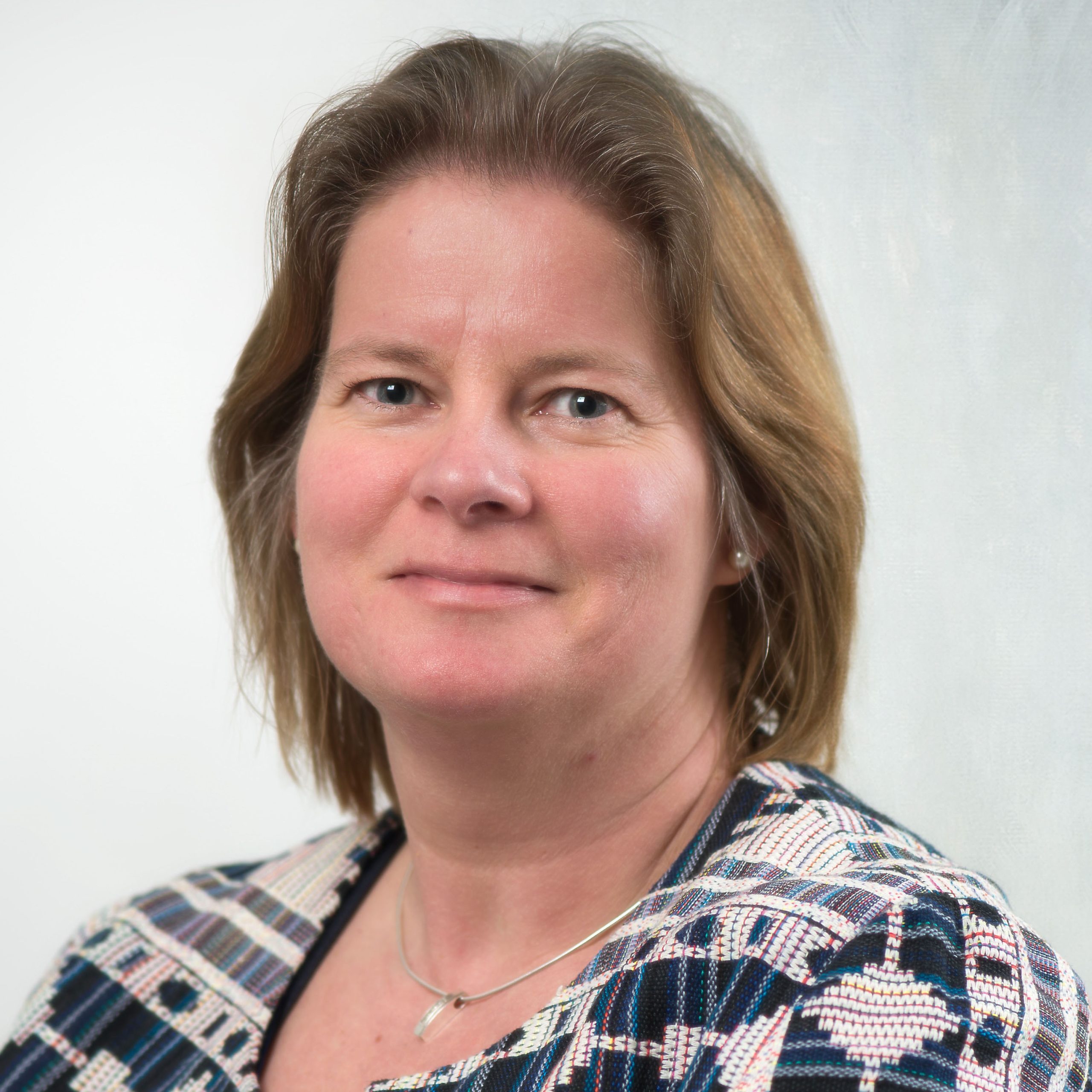
Sandra van Vliet
Amesterdam UMC, Universitair Medische Centra, Netherlands
Originally trained as a biochemist and immunologist, dr. Sandra J. van Vliet has specialized in the field of glyco-immunology. Together with her research group at the Amsterdam UMC, the Netherlands, she studies how tumor-associated glycans impact the immune landscape in epithelial cancers. Her work particularly focuses on the interaction with glycan-binding receptors, such as C-type lectins and Siglecs, and the instruction of immune tolerance toward the tumor.
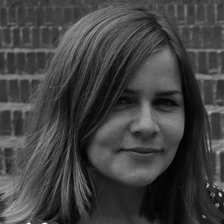
Katrine T Schjoldager
Department of Cellular and Molecular Medicine, University of Copenhagen, Denmark
“I was trained as a glycobiologist and obtained my PhD in 2012. After years with post doc training in lipid metabolism I got tenured in 2018 at the University of Copenhagen, where the main goal of my research is discovery and dissection of molecular protein functions that impact human physiology and common diseases and dispositions. My group focuses on post translational modifications and in particular protein glycosylation.”
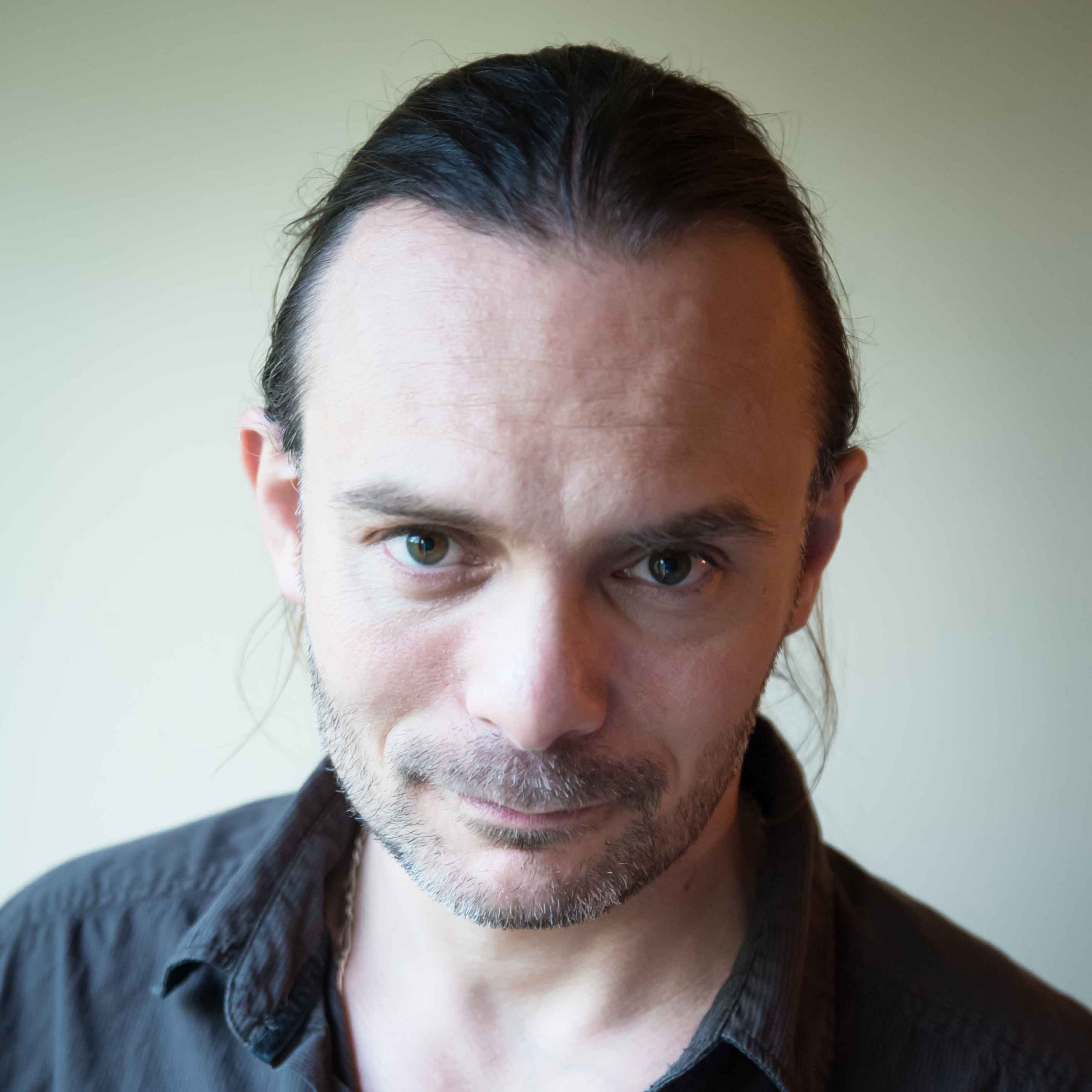
Romain Vivès
Institut de Biologie Structurale, Université Grenoble Alpes, France
Romain Vivès is a CNRS Research director at the Institute of Structural Biology, Grenoble, France. His research interests are the structural analysis of Glycosaminoglycan (GAG) structure and characterization of GAG/protein interactions, the biosynthesis and post-synthesis mechanisms regulating GAG structure and function and amongst them, the study of SULF extracellular endosulfatases. Romain Vivès coordinated the French scientific network “GAGosciences” (gathering 15 research laboratories) and is presently coordinator of the Glyco@Alps network (21 research laboratories in interdisciplinary glycosciences).
